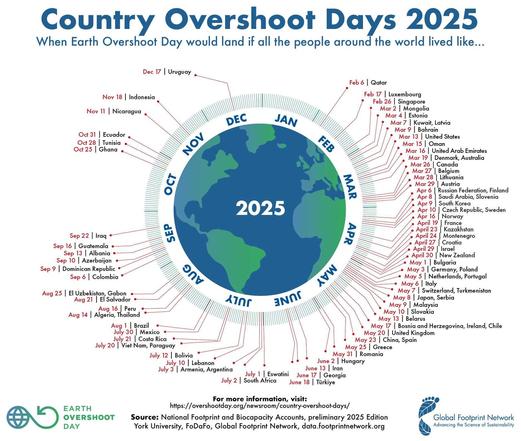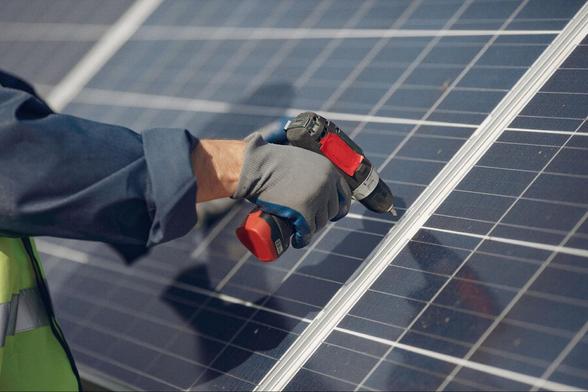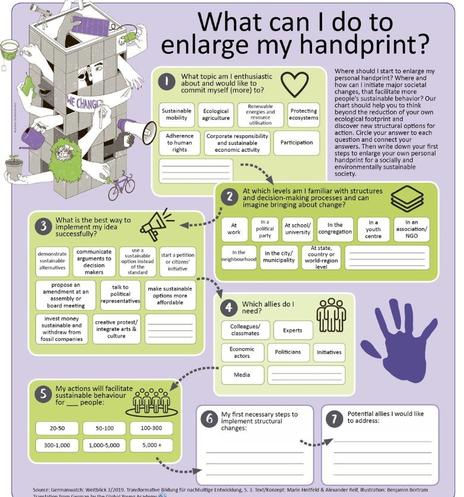Many people share your feelings.
Our societies are facing environmental collapse. We feel that we have to do something. But we don't know where to start.
...
My thoughts on this:
We need collective action. We can recycle and save tapwater until our fingers fall off. If the structures don't change, individual actions will mostly keep us busy while the world gets burned because of a mixture of rich people's greed, bureaucrats that "just do their job" and a society that has too little phantasy to see the many desirable alternatives to this apocalyptic late-stage capitalism.
There is this amazing concept of the handprint, making you ask yourself the question: "where can I promote societal change?". This is on contrast to the 'carbon footprint' that measures the impact of our individual lifestyle and shifts the guilt to the people. This concept was widely promoted by fossil fuel companies. [1]
At the bottom of the web is the link to the poster [2]. It is quite straightforward to use e.g. in a workshop with other people asking themselves the question "what can we do?".
1. What topic am I enthusiastic about?
(E.g. sustainable mobility, ecological agriculture, renewable energy, social justice...)
2. At which level am I familiar with decision-making processes ?
(At work, university, religious group, neighbourhood...)
3. What is the best way to implement my idea?
(Make the sustainable option the default, pressure politicians, make sustainable more known or affordable...)
4. Which allies do I need? (Initiatives, colleagues, experts, politicians, media)
And here you go. At the end you have a plan for an attainable objective that will make a difference and bring change on a higher level. All that while showing yourself that you can be part of the change, creating community and mobilizing others. We have a lot to do, so this is something to start with. 
Interestingy, the handprint was originally launched by the Indian organisation CEE ( https://www.ceeindia.org ) as an open concept of positive action!
1: https://medium.com/greener-together/who-invented-the-carbon-footprint-the-shocking-origins-13d940d05f59
2: https://www.handprint-hub.de/handprint-concept
3: further reading:
"The solutions are already here" by the fantastic @PeterGelderloos
https://archive.org/details/tfsr20220417-PeterGelderloos
@ratika @germanwatch
#Degrowth #SolarPunk #CarbonFootprint #EcologicalFootprint #Activism #ClimateChange #Organizing #Community #Neighbourhood #Germanwatch




